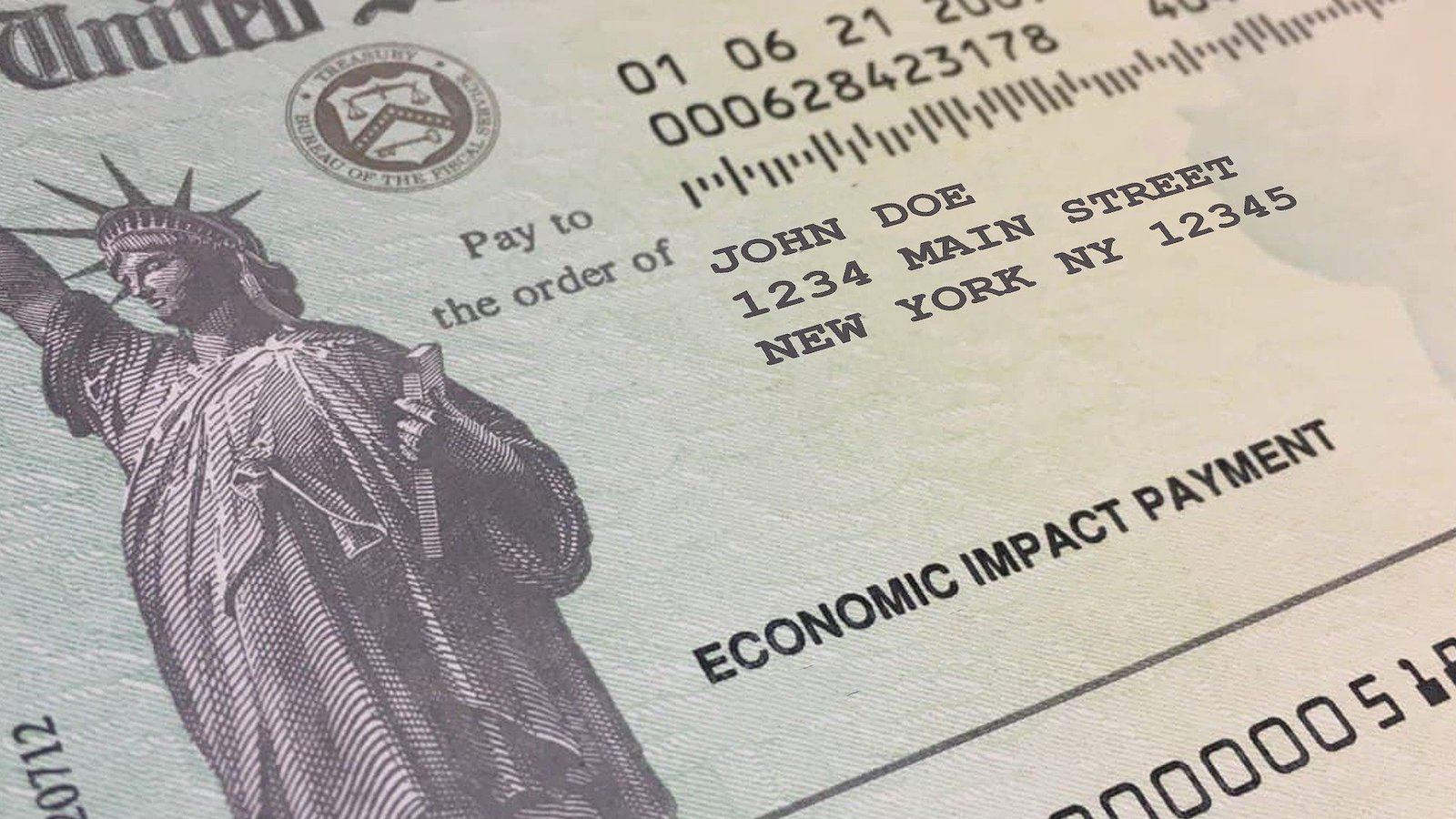Maryland PIRG Testimony on Personal Property Tax
Maryland PIRG supports HB 1096, for the purpose of repealing certain property tax exemptions for certain personal property owned by certain financial institutions; providing for the application of this Act; and generally relating to the repeal of certain property tax exemptions for certain personal property owned by certain financial institutions.
March 2, 2012
Testimony before the Ways and Means Committee
HB 1096 Personal Property Tax – Financial Institutions – Repeal of Tax Exemptions
Position: Favorable
Position: Maryland PIRG (Maryland Public Interest Research Group) supports HB 1096, for the purpose of repealing certain property tax exemptions for certain personal property owned by certain financial institutions; providing for the application of this Act; and generally relating to the repeal of certain property tax exemptions for certain personal property owned by certain financial institutions.
Background: Property taxes are regressive, and exemptions should be issued and repealed to promote fairness
Property taxes are generally regressive, yet are truly indispensable in financing essential local services. But progressive tax reform is critical to make the tax a more fair and sustainable revenue source for our communities. Business personal property taxes are progressive because the wealthy own far more business property and intangible assets than do middle- and low-income people.
Businesses pay personal property tax, which is property other than real estate. Property taxes on business are mostly borne by business owners, and apply to tangible property such as individually-owned cars and trucks or business equipment. The tax can also apply to intangible property such as stocks and bonds. Taxing tangible personal property is relatively straightforward, and business equipment can be assessed based on income tax return data for depreciation deductions.
Property tax revenues are decreasing, and financial institutions are not paying their fair share
Tax exemptions on financial institutions allow them to dodge the same taxes Maryland residents and families pay every year to support Maryland’s public structures- its great schools, roads, and health services. Institutions that don’t pay their share in property tax are able to reap the benefits of Maryland’s infrastructure without fully paying to support it. Their employees are educated in Maryland’s schools, and their vehicles use the public roads to run their businesses efficiently.
Property tax revenues are decreasing, while at the same time the expenses of local governments are skyrocketing. Counties are dealing with growing populations and overcrowded schools, and may face the additional burden of footing the bill for teacher pensions.
According to the Institute on Taxation and Economic Policy report Who Pays: A Distributional Analysis of the Tax Systems in All 50 States, property tax rates decrease going up the pay scale; taxpayers in the lower and middle income groups are paying more that taxpayers in the top four and 1 percent income groups.
Conclusion
Because business owners tend to be wealthier than average, this makes the property tax less regressive. Also, some of the business property tax is exported to property owners living in other communities and other states. The business property tax is an important part of ensuring that the businesses that make use of local government services pay their fair share. For these reasons, Maryland PIRG supports HB 1096 and requests a favorable report.
Topics
Authors
Jenny Levin
Find Out More

Our 2023 Legislative Agenda and Priorities

Tips to file your tax return while avoiding fees, scams

How to get your stimulus payments when you file your tax return

